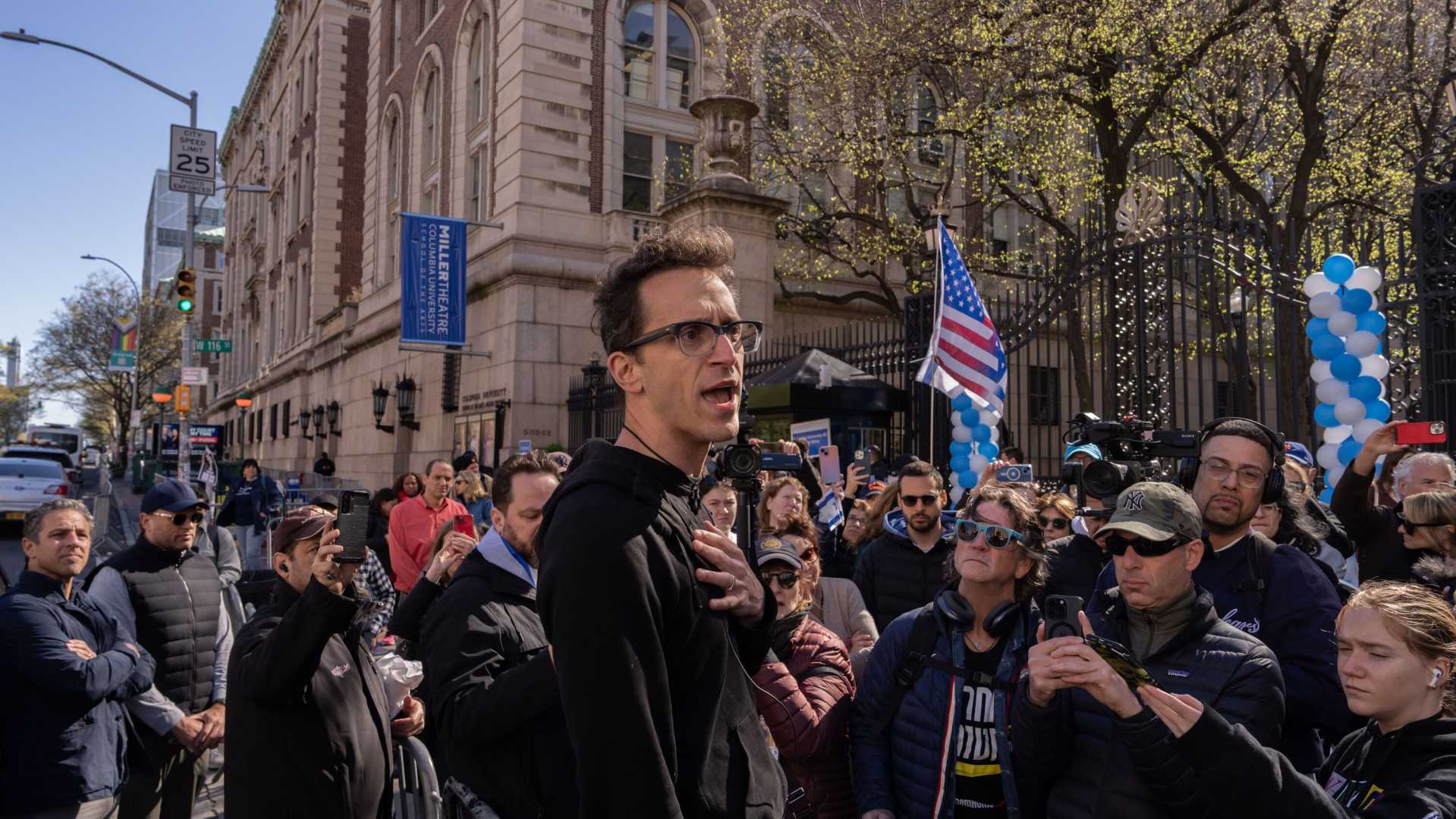News
Columbia University Temporarily Bans Professor Amid Harassment Allegations

Columbia University has temporarily banned Assistant Professor Shai Davidai from its campus following allegations of “repeatedly harassing and intimidating” university employees. A spokesperson for the university confirmed the action, stating that Davidai’s temporary suspension will remain in place until he completes training on policies governing employee behavior.
In a statement provided to CNN, the university representative clarified, “Davidai repeatedly harassed and intimidated university employees in violation of our code of conduct.” The spokesperson emphasized that while Davidai’s freedom of speech remains unrestricted, Columbia does not condone threatening or intimidating behavior by its staff members.
Davidai, who has been with the university’s business school since 2019, reportedly engaged in conduct violations following an October 7 memorial service marking the anniversary of a 2023 massacre in Israel. The ban came after Davidai confronted a university official at the service, which he recorded and shared online.
The event, which drew significant attention, saw pro-Palestinian protests coinciding with the memorial. Davidai criticized the protestors and accused them of supporting Hamas, equating the protests to “protesting the memorial for the Tulsa massacre” in a statement to CNN.
While Davidai is not currently teaching classes, he expressed frustration over his removal from campus activities, noting that he cannot access his office or participate in faculty meetings. “The only professor suspended is the Jewish Israeli professor who called out the support for terrorism on campus,” said Davidai.
Columbia University, previously the center of extensive pro-Palestinian demonstrations, faced leadership changes in the wake of allegations of mishandling antisemitism. Former university President Minouche Shafik resigned following criticism of the university’s response.
Davidai has been active on social media, sharing messages and confronting Columbia’s administrators regarding the situation. “I care about what this acceptance of anti-Jewish, anti-Israeli, and anti-American terrorism means for the students on campus,” he posted on X, a platform where he boasts a notable following.
Despite the controversy, the university maintains that Davidai’s status as a faculty member remains unchanged. “Columbia has consistently defended Davidai’s free speech rights,” stated a university official, “but his conduct crossed a line, necessitating action.” The university has provided Davidai with alternative workspace options off-campus while the ban is in effect.
In related developments, Columbia continues to address the fallout from earlier protests, including the suspension of student activists and administrative resignations linked to controversial messages regarded as anti-Semitic.












